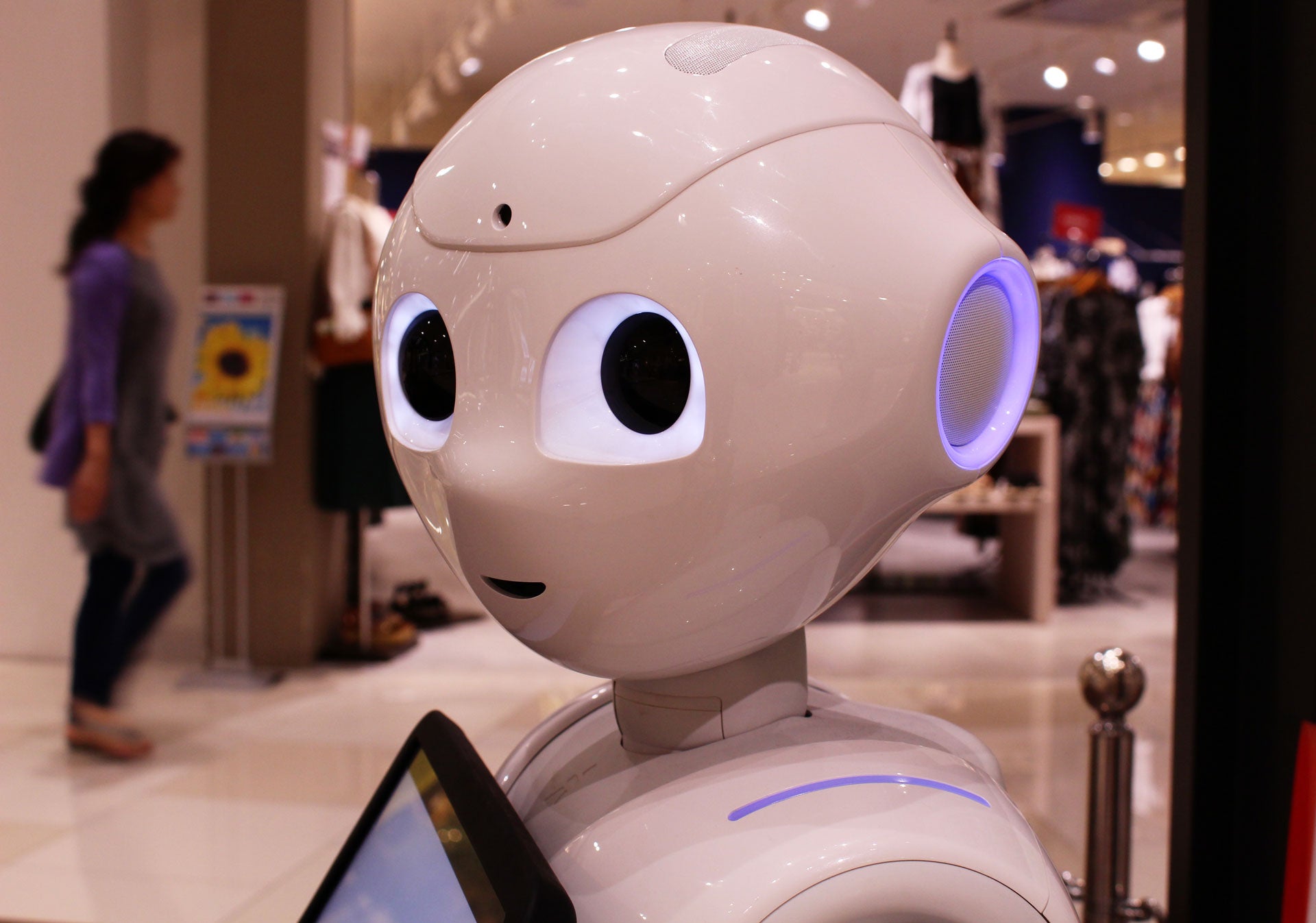
The Covid-19 pandemic is driving robot use into the mainstream of everyday life, as machines take over many tasks that are deemed too dangerous for humans. Japan’s SoftBank is one of the companies whose varied investments in robotics is giving it a front-row seat to changes that will impact humanity for years to come.
Covid-19’s impact on SoftBank’s investments in digital startups has not been kind. For its fiscal year ended March 31, SoftBank posted a full-year net loss of 961.6 billion yen (USD 9 billion), driven by a write down of 1.9 trillion yen (USD 17.7 billion) on positions in its Vision Fund.
Despite money-losing investments in cratering companies such as WeWork and Uber Technologies, whose business propositions were shattered by Covid-19 lockdowns, SoftBank’s prescience regarding robotics appears much better timed for helping businesses and people weather a global pandemic.
SoftBank investment in robot development continues
In late April, AI software company Brain raised $36 million in Series D funding – led by returning investor SoftBank Vision Fund. The software company’s BrainOS is licensed to OEM partners who build robots based upon Brain’s platform. Among other things, the new financing will bolster Brain’s expansion into robotic applications beyond floor care, its current mainstay.
Nonetheless, Brain cited significant uptake of BrainOS-powered robotic floor scrubbers due to the Covid-19 outbreak. For example, during March 2020 autonomous use of BrainOS-powered machines in US locations saw a year-over-year increase of 13.6%.
Meanwhile, SoftBank Robotics recently repurposed its humanoid robot Pepper, designed to work at airports and malls, for deployment as a greeter in some hotels in Japan housing Covid-19 patients. Pepper offers words of encouragement, while reminding people to wear face masks and maintain social distancing. In addition, SoftBank Robotics’ Whiz, a robot that uses BrainOS navigation capabilities, cleans public areas of the hotels to help protect human workers.
How well do you really know your competitors?
Access the most comprehensive Company Profiles on the market, powered by GlobalData. Save hours of research. Gain competitive edge.

Thank you!
Your download email will arrive shortly
Not ready to buy yet? Download a free sample
We are confident about the unique quality of our Company Profiles. However, we want you to make the most beneficial decision for your business, so we offer a free sample that you can download by submitting the below form
By GlobalDataRobot Spot on trial in diverse roles
Yet another robotics company tackling the Covid-19 crisis is SoftBank subsidiary Boston Dynamics, which released Spot, a quadruped robot, in September 2019. In response to the Covid-19 crisis, Boston Dynamics recently open-sourced some hardware and software designs to encourage other developers to rapidly deploy robots like Spot to help reduce the exposure of frontline healthcare workers to Covid-19.
The company’s designs have already been tested at Bringham and Women’s Hospital in Massachusetts, where the medical team uses Spot as a mobile telemedicine platform, enabling healthcare providers to remotely triage patients.
Spot has also become a familiar sight in Singapore, where it has been on patrol as part of a pilot trial to assist Covid-19 social distancing efforts at parks, gardens and nature reserves. Enforcement of such rules was likely not on the list of expected applications when Spot launched last year. However, Boston Dynamics’ goal was to get the robot out into the world and let users develop myriad applications for it, which is exactly what is happening.
Of course, may other robotics companies are also finding new and unexpected roles for their products during the ongoing pandemic. The niches in which robots are now being deployed are varied, with many of the uses having been inconceivable months ago, before the push to limit close human contact to restrict the spread of Covid-19. Expect fallout from the outbreak to drive further demand for all manner of robots to complete tasks that humans cannot or do not want to engage in.





Related Company Profiles
SoftBank Corp
Uber Technologies Inc
Wework Inc